-
×
 Sun Si Miao in Pediatric Clinic By Jeffrey C. Yuen
1 × $30.80
Sun Si Miao in Pediatric Clinic By Jeffrey C. Yuen
1 × $30.80 -
×
 The Meat & Hair Magic Message Bootcamp By Ash Ambirge
1 × $30.80
The Meat & Hair Magic Message Bootcamp By Ash Ambirge
1 × $30.80 -
×
 Planets in different houses By Alok Khandelwal
1 × $30.80
Planets in different houses By Alok Khandelwal
1 × $30.80 -
×
 Fit As F*ck By Aggie Lal - Higher Self Academy
1 × $23.00
Fit As F*ck By Aggie Lal - Higher Self Academy
1 × $23.00
Trauma Treatment for Kids – Healing the Body Through Play: Advanced Interactive Workshop By Jennifer Lefebre – PESI
$299.00 Original price was: $299.00.$30.80Current price is: $30.80.
SKU: C55org.11508RKzUgHro
Category: Download
Tags: Advanced Interactive Workshop, Healing the Body Through Play, Jennifer Lefebre, PESI, Trauma Treatment for Kids
Trauma Treatment for Kids – Healing the Body Through Play: Advanced Interactive Workshop by Jennifer Lefebre – Immediate Download!
Content Proof:

Trauma is a deeply intricate and challenging experience that can leave lasting impacts on children. Addressing these experiences with effective, age-appropriate interventions is essential for supporting a child’s recovery. The “Trauma Treatment for Kids – Healing the Body Through Play: Advanced Interactive Workshop” led by Jennifer Lefebre provides a valuable learning experience for child psychologists and therapists by introducing creative, play-based approaches to trauma care. This advanced-level training equips professionals with essential tools and strategies that leverage the healing power of play to support trauma recovery.
What sets this workshop apart is its strong emphasis on cultivating a trauma-informed environment. Creating a safe, nurturing setting is vital in helping children process and communicate their feelings. Participants learn to implement theoretical frameworks such as Trauma-Focused Integrated Play Therapy (TFIPT) and Trauma-Focused Cognitive Behavioral Therapy (TF-CBT). These two models are foundational to effective treatment plans designed for young trauma survivors. Through lively discussions and experiential activities, attendees explore how to apply these methods within clinical practice.
In-Depth Exploration of Trauma and Its Effects
Grasping how trauma affects children is essential for any successful therapeutic strategy. Because children are in a unique stage of development, their reactions to trauma—and the ways they cope—differ from those of adults. The workshop offers a thorough examination of trauma’s developmental impact and how children make sense of traumatic experiences at different ages. Participants gain insight into how trauma often emerges through behavior rather than direct verbal expression.
In this context, understanding core theories behind trauma intervention becomes crucial. For example, a child may not be able to articulate emotions through words but may express them naturally through play. Toys, drawing, and role-play become a medium for children to externalize their inner world, allowing clinicians to gently guide the healing process. The workshop encourages therapists to embrace this non-verbal communication, helping them adapt their sessions to each child’s developmental and emotional needs.
Practical Skills and Techniques: Play Therapy in Action
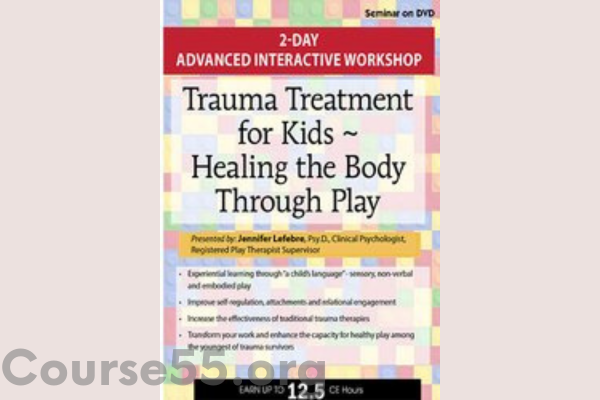
A key highlight of Jennifer Lefebre’s workshop is its hands-on focus on skill development. Attendees explore both structured (directive) and open-ended (non-directive) play therapy methods. While directive techniques offer specific tasks or prompts, non-directive methods allow the child to lead, promoting a sense of safety and autonomy. This balanced approach empowers therapists to adjust their style to match the child’s readiness and preferences.
The training also introduces tools like sand tray therapy, a particularly powerful technique for enabling children to represent and work through traumatic events. In this creative process, children construct stories using miniature figures, offering a safe yet symbolic avenue to confront difficult experiences. The use of expressive tools like this expands the therapist’s toolkit, providing alternative methods for helping children make sense of trauma.
Interactive demonstrations and role-plays give attendees the opportunity to practice what they’ve learned. These practical exercises create a supportive learning environment where participants can refine their therapeutic approach with real-time feedback from peers and Jennifer herself.
Creating a Safe Playroom Environment
Another central focus of the workshop is establishing a secure and welcoming therapeutic setting. Safety—both emotional and physical—is foundational when working with traumatized children. Jennifer Lefebre advocates for clear safety protocols that not only protect the child but also foster a space where they can freely express themselves.
Topics include the importance of establishing boundaries, maintaining confidentiality, and respecting cultural backgrounds. This cultural sensitivity allows therapists to tailor treatment in a way that honors each child’s identity and family dynamics. By designing a therapeutic space that respects these factors, practitioners help children feel grounded and seen, which is crucial for effective healing.
The workshop also addresses the emotional demands of this work on therapists themselves. With an emphasis on self-care and preventing burnout, participants are encouraged to develop personal strategies that support their long-term well-being. This ensures that clinicians can continue providing high-quality care without compromising their own mental health.
Theoretical Foundations and Established Protocols
Alongside practical tools, the workshop includes a deep dive into the research and theory behind trauma-focused interventions. Understanding the scientific basis of different treatment approaches helps therapists make informed decisions in their practice. The training outlines several evidence-based protocols, giving participants a chance to compare and analyze what works best for various trauma scenarios.
Participants are guided through current research findings that shape best practices in child trauma treatment. This evidence-based perspective not only enhances the effectiveness of their work but also strengthens their ability to advocate for trauma-informed care. With these insights, therapists leave the workshop better prepared to assess, adapt, and implement different approaches based on each child’s unique experience.
Learning From Experience: Insights From Jennifer Lefebre
Jennifer Lefebre, a licensed clinical psychologist and certified play therapist supervisor, brings a wealth of real-world experience to the training. Her extensive background in working with children who’ve experienced complex trauma offers valuable lessons that go beyond theory. Participants benefit from her practical wisdom and nuanced understanding of trauma recovery.
A central tenet of Lefebre’s teaching is the importance of relational connection. She underscores the need to build trust and emotional rapport with young clients, recognizing that the therapeutic relationship itself is a key factor in the healing process. This emphasis on connection encourages therapists to stay attuned to a child’s emotional cues and relational needs throughout treatment.
Lefebre also incorporates the most up-to-date research into the workshop content, ensuring that the training remains relevant and grounded in current psychological science. Her balanced approach—blending academic insight with hands-on experience—offers a well-rounded and immediately applicable learning experience.
Professional Development and Future Implications
Completing this advanced workshop represents a meaningful step forward for professionals seeking to deepen their expertise in child trauma treatment. As therapeutic models continue to evolve, it’s critical for practitioners to remain current with innovative and proven methods. This program not only enhances clinical skills but also builds a supportive network of professionals dedicated to trauma-informed care.
By integrating the principles of play therapy into trauma treatment, therapists can engage children in a more accessible and transformative way. The methods taught in this workshop can reshape the way practitioners approach therapy, fostering breakthroughs that resonate with children on a deep emotional level. Participants can expect to leave with renewed energy, greater competence, and the tools needed to help children recover from even the most difficult experiences.
In summary, “Trauma Treatment for Kids – Healing the Body Through Play: Advanced Interactive Workshop” led by Jennifer Lefebre is an exceptional training resource for child therapists and mental health professionals. Its blend of theory, practical skills, and emotional insight prepares attendees to meet the challenges of childhood trauma with compassion and confidence. This workshop reinforces the healing potential of play and provides a strong foundation for creating safe, effective, and responsive treatment environments for children and their families.
Frequently Asked Questions:
Business Model Innovation: We operate a group buying strategy, allowing participants to share costs and access popular courses at reduced prices. This model benefits individuals with limited financial resources, despite concerns from content creators about distribution methods.
Legal Considerations: The legality of our operations involves complex issues. Although we don’t have explicit permission from course creators to resell their content, there are no specific resale restrictions stated at the time of purchase. This ambiguity creates an opportunity for us to provide affordable educational resources.
Quality Control: We ensure that all course materials purchased are identical to those offered directly by the creators. However, it’s important to understand that we are not official providers. As such, our offerings do not include:
– Live coaching calls or sessions with the course author.
– Access to exclusive author-controlled groups or portals.
– Membership in private forums.
– Direct email support from the author or their team.
Our goal is to make education more accessible by offering these courses independently, without the additional premium services available through official channels. We appreciate your understanding of our unique approach.
Be the first to review “Trauma Treatment for Kids – Healing the Body Through Play: Advanced Interactive Workshop By Jennifer Lefebre – PESI” Cancel reply
You must be logged in to post a review.






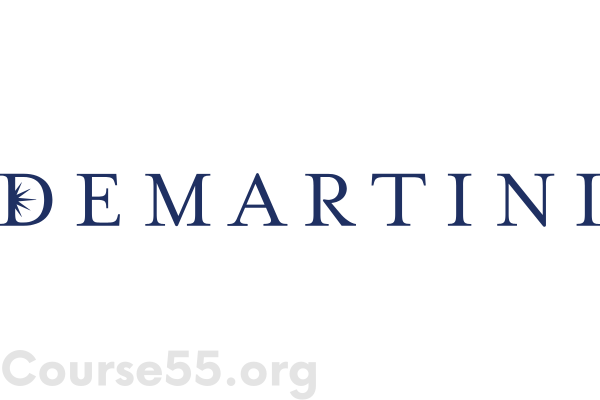
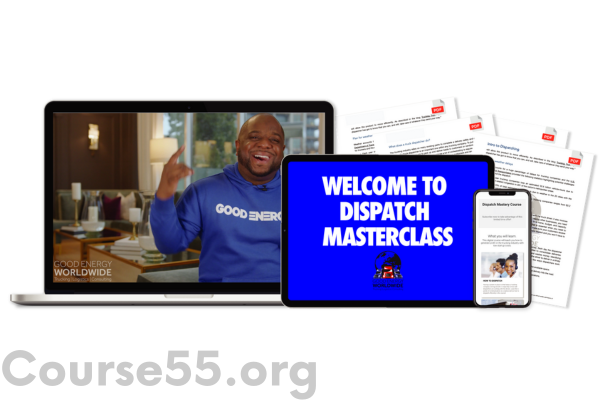
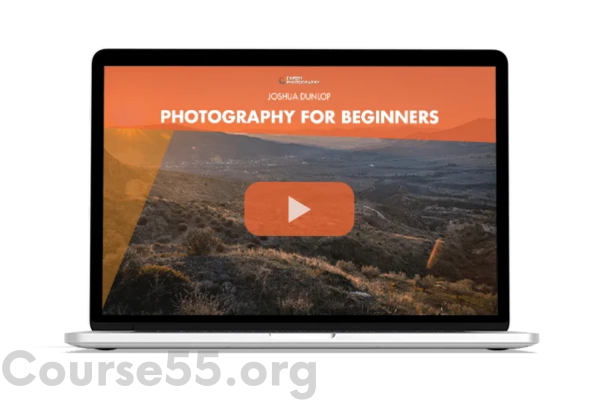




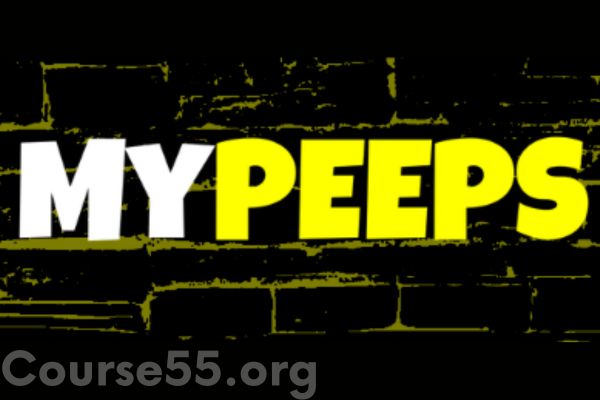
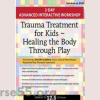
Reviews
There are no reviews yet.